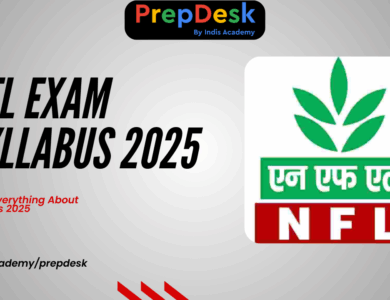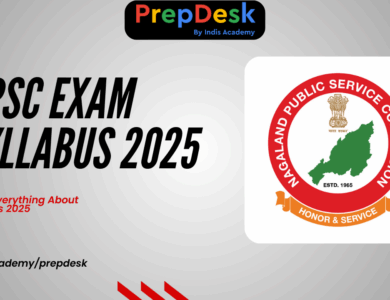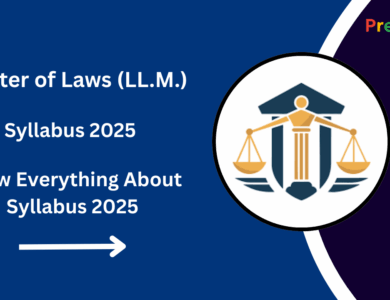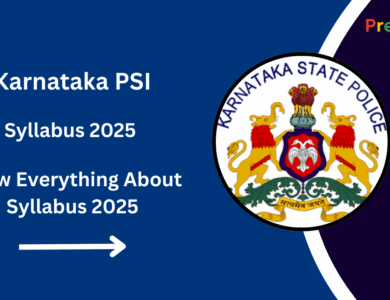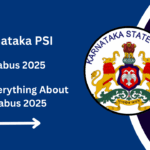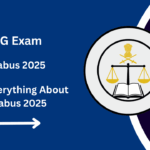CBSE Class 8th NCERT Syllabus 2025-26: Download PDF & Subject-Wise Details
Get the complete CBSE Class 8th NCERT Syllabus 2025-26 with subject-wise topics, chapter descriptions, marking schemes, and official PDF download links. Covers Mathematics, Science, Social Science, English & Hindi along with updated exam changes, preparation tips, and recommended books to help students excel.
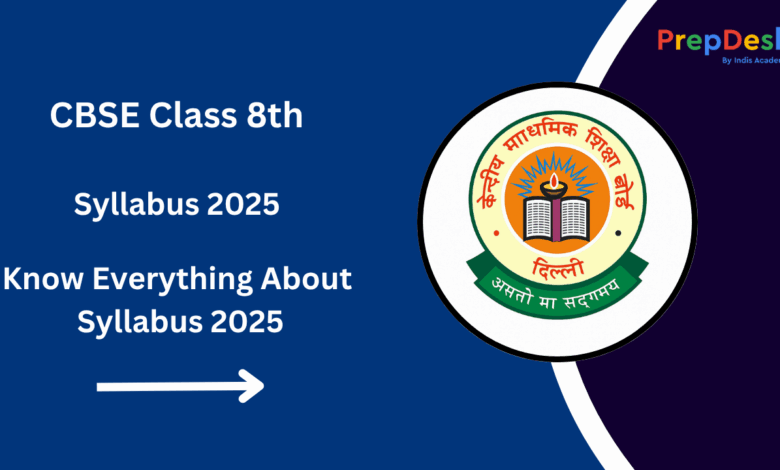
The CBSE Class 8 NCERT syllabus for the academic year 2025 offers a comprehensive academic structure aimed at creating a strong foundation for students. It is designed to balance academic rigor with conceptual understanding and application-based learning. By covering Mathematics, Science, Social Science, English, and Hindi, it encourages analytical skills, creativity, and critical thinking. This curriculum serves as a bridge between middle school and high school, ensuring students are prepared for advanced studies.
2. Exam Overview
| Component | Details |
|---|---|
| Board | Central Board of Secondary Education (CBSE) |
| Curriculum | NCERT-based |
| Subjects | Mathematics, Science, Social Science, English, Hindi |
| Assessment | Year-end examination + Internal assessments |
| Marking Scheme | Theory + Practical/Project Work |
| Updates for 2025 | Revised Social Science textbook, updated history chapters, enhanced activity-based learning in Science |
3. Subject-Wise Syllabus & Marks Distribution
| Subject | Topics | Description | Weightage |
| Mathematics | Rational Numbers, Linear Equations, Understanding Quadrilaterals, Data Handling, Algebraic Expressions, Mensuration, Factorization, Comparing Quantities | Focuses on logical reasoning, numerical proficiency, and problem-solving | Even distribution across units |
| Science | Physics: Force & Pressure, Sound; Chemistry: Coal & Petroleum, Chemical Effects of Electric Current; Biology: Crop Production, Microorganisms, Reproduction, Conservation of Plants and Animals | Integrates real-life applications, practical work, and theoretical concepts | 80% Theory, 20% Practical |
| Social Science | History: Delhi Sultanate, Mughal Era; Civics: Indian Constitution, Law-making Process, Rights; Geography: Resources, Agriculture, Industries, Human Resources | Encourages understanding of history, governance, and geographical concepts | Equal split |
| English | Prose, Poetry, Drama, Grammar, Writing Skills, Comprehension | Builds communication skills, vocabulary, and creativity | 50% Literature, 50% Language skills |
| Hindi | Sahitya (Prose & Poetry), Grammar, Creative Writing | Develops fluency, cultural awareness, and written skills | Balanced |
4. Detailed Topics Description
Mathematics:
- Rational Numbers: Properties, representation, and operations.
- Linear Equations: Applications in real-life problem-solving.
- Quadrilaterals: Classification and properties.
- Mensuration: Calculation of surface area and volume.
- Data Handling: Graphs, probability basics.
- Factorization and Algebraic Expressions: Simplification and application in equations.
Science:
- Physics: Understanding force and its effects, sound properties.
- Chemistry: Coal, petroleum uses, and electrical chemical effects.
- Biology: Plant and animal reproduction, food production, role of microorganisms, biodiversity conservation.
Social Science:
- History: Key medieval events, changes during Delhi Sultanate and Mughal rule.
- Civics: Role of the constitution, law-making process, rights and duties.
- Geography: Physical resources, agricultural practices, industrial development.
Languages:
- English: Grammar rules, comprehension passages, essay and letter writing, literature interpretation.
- Hindi: Literary works, grammar exercises, and creative essays.
5. Syllabus PDF Download Links
- Official Syllabus: cbse.gov.in
- Mathematics PDF: Download
- Science PDF: Download
- Social Science PDF: Download
6. Recommended Books
| Subject | Books |
| Mathematics | NCERT Class 8 Mathematics, RS Aggarwal, RD Sharma |
| Science | NCERT Science Class 8, Lakhmir Singh & Manjit Kaur |
| Social Science | NCERT History, Geography, Civics Textbooks |
| English | NCERT Honeydew, It So Happened, Wren & Martin Grammar |
| Hindi | NCERT Hindi Textbooks, Vyakaran books |
7. Preparation Tips
- Study NCERT books thoroughly for conceptual clarity.
- Create a subject-wise timetable for consistent study.
- Use flowcharts and mind maps to summarize lessons.
- Practice sample papers and previous year question papers.
- Incorporate regular revision sessions in your schedule.
- For Science, perform experiments to reinforce concepts.
- For Social Science, use timelines and maps for better retention.
8. Specialization Trends
- Analytical Skills: Mathematics encourages logical thinking and complex problem-solving.
- Practical Learning: Science focuses on experiment-based understanding.
- Critical Interpretation: History and Civics teach students to think beyond rote learning.
- Language Mastery: English and Hindi emphasize written and oral proficiency.
9. Conclusion
The CBSE Class 8 NCERT syllabus 2025 is a dynamic academic framework designed to provide holistic learning. It focuses equally on theory, practical skills, and the development of analytical abilities, ensuring that students are prepared for higher education and future challenges.
10. FAQs
Q1: Where can I download the syllabus?
A: From the CBSE official website and educational portals.
Q2: Are there changes in 2025?
A: Yes, especially in Social Science history chapters and activity-based Science learning.
Q3: Which books should I use?
A: NCERT textbooks are essential, supplemented by reference books like RS Aggarwal for Mathematics.
Q4: How can I score high marks?
A: Focus on NCERT, practice regularly, and revise consistently.
Q5: Does internal assessment affect my grade?
A: Yes, it forms an important part of the overall evaluation.
